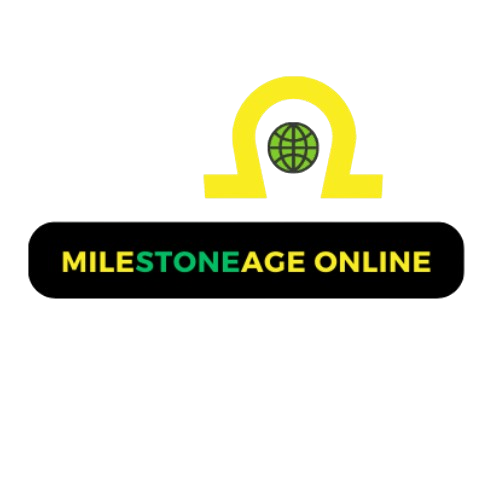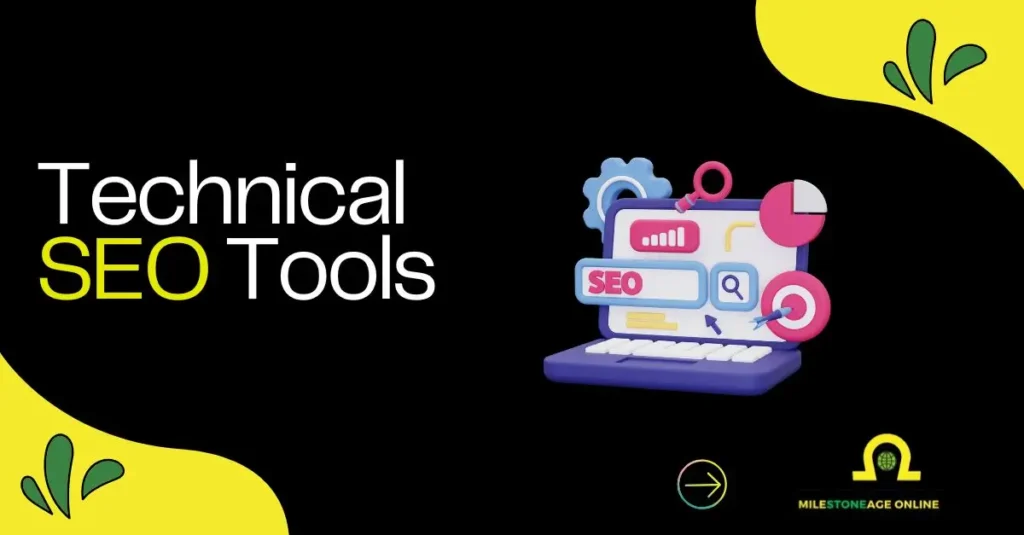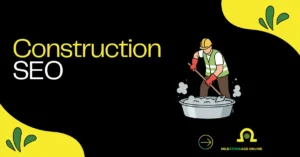Technical SEO tools are essential for optimizing your website’s performance and ensuring better rankings on search engines. These tools help identify and fix technical issues that may hinder your site’s visibility.
- Google Search Console – Monitors site health and performance.
- Screaming Frog SEO Spider – Analyzes URLs and detects broken links.
- Ahrefs – Provides in-depth backlink analysis and site audits.
- Semrush – All-in-one platform for keyword research and competitor analysis.
- PageSpeed Insights – Helps improve page load speed and user experience.
Using the right tools will keep your site optimized and help you maintain high search engine rankings.
Introduction
Technical SEO tools play a vital role in improving a website’s performance on search engines. These tools help identify issues that could affect how your site is crawled, indexed, and ranked.
Whether you are a beginner or an expert, using the right tools ensures your website runs smoothly and ranks better. With these tools, you can easily track performance, fix problems, and optimize various aspects of your site.
In this guide, we’ll look at some of the best technical SEO tools, free options, and examples to get you started. Let’s jump right in and discover what you need to get your site in top shape.
Best Technical SEO Tools to Optimize Your Site
Technical SEO tools are essential for improving your website’s visibility and overall performance. These tools help you identify issues and optimize various aspects of your site. Below are some of the top tools to consider for your SEO needs.
Google Search Console
- Monitors search traffic and site health.
- Provides detailed performance reports and error reports.
Screaming Frog SEO Spider
- Desktop crawler to analyze URLs, detect broken links, and conduct site audits.
- Great for large websites with hundreds of pages.
Ahrefs
- Powerful tool for backlink analysis, keyword research, and site audits.
- Best for advanced users looking for in-depth analysis.
Semrush
- All-in-one platform for auditing, keyword research, and competitor analysis.
- Ideal for users who want a comprehensive SEO tool.
PageSpeed Insights
- Tool from Google for checking site speed and improving load time.
- Helps improve overall user experience.
These tools help streamline your SEO tasks and make it easier to manage your website’s performance. Using them effectively will lead to better rankings and a more user-friendly website.
Best Free Technical SEO Tools
You don’t always have to pay for SEO tools. There are plenty of free options that can help you improve your site’s performance without breaking the bank.
Google Search Console
- Essential for monitoring search performance and fixing issues.
- Free with no subscription required.
Google Analytics
- Track website traffic and engagement metrics.
- Helps identify areas for improvement in SEO.
PageSpeed Insights
- Free tool to analyze and improve page load speed.
- Improves site performance with simple fixes.
Rich Results Test
- Checks if your pages are eligible for enhanced search results.
- Helps increase visibility in Google’s search features.
Answer The Public
- Free tool to generate keyword ideas based on user questions.
- Great for brainstorming new content ideas.
These free tools give you everything you need to get started with technical SEO. You can monitor your website’s health and make improvements without spending a penny.
Technical SEO Tools for Beginners: Simple Yet Powerful
Starting with technical SEO tools can be overwhelming, but there are simple yet powerful tools designed for beginners. These tools are easy to use and provide clear, actionable results, making SEO manageable for newcomers.
Best SEO Tools for Beginners
- Google Search Console: Essential for monitoring and fixing common SEO issues like crawl errors.
- Ubersuggest: Affordable, easy-to-use tool for keyword research and competitor insights.
Why Beginners Need These Tools
- These tools help beginners understand and improve basic SEO metrics without feeling lost.
- Example: Identifying crawl errors, improving mobile-friendliness, and boosting page speed.
Focus on Free SEO Tools
- Start with Google’s free tools, like Google Search Console and PageSpeed Insights.
- Gradually incorporate paid tools like Ahrefs and Semrush as your SEO skills grow.
Starting with free, user-friendly tools gives you the foundation needed for SEO success. As your knowledge increases, you can dive into more advanced tools.
How to Use Technical SEO Tools: Step-by-Step Guide
Learning how to use SEO tools correctly can help you improve your website’s performance. Here’s a simple step-by-step guide to get you started.
Step 1: Use Google Search Console for Site Health
- Set up and verify your website on Google Search Console.
- Monitor search performance and address any crawl errors.
Step 2: Run a Site Audit Using Screaming Frog SEO Spider
- Analyze page titles, meta descriptions, and check for missing alt attributes.
- Ensure proper on-page SEO for all your pages.
Step 3: Improve Site Speed with PageSpeed Insights
- Check page speed using PageSpeed Insights.
- Get actionable recommendations to improve load time.
Step 4: Use Ahrefs for Backlink Analysis
- Identify valuable backlinks to your site.
- Track your domain’s health and domain authority.
This simple approach helps you stay on top of your site’s health while learning the basics of SEO.
Technical SEO Tools Examples: Real-World Use Cases
Let’s look at a few examples of how these tools are applied in real-world SEO practices.
Example 1: Site Performance Optimization
- Using PageSpeed Insights to reduce loading time by fixing image compression and optimizing caching.
Example 2: Link Building with Ahrefs
- Tracking backlinks with Ahrefs to improve domain authority and search engine rankings.
Example 3: Mobile Optimization Using Google Search Console
- Fixing mobile usability issues identified through Google Search Console to improve search rankings.
These examples highlight how using SEO tools directly impacts a website’s performance.
How to Choose the Best Technical SEO Tools for Your Website
Choosing the right tools for your website depends on several factors. Here’s how you can decide which tools are best for you.
Site Size and Complexity
- Large websites with many pages might benefit from Screaming Frog SEO Spider for detailed crawling.
Budget
- Google Search Console is a great free option for small websites or beginners.
SEO Goals
- Choose tools that align with your main SEO focus, like Ahrefs for backlink analysis or PageSpeed Insights for speed improvement.
Ease of Use
- Ubersuggest is beginner-friendly, while Ahrefs is better suited for advanced users.
Selecting the right tools depends on your site’s needs, your budget, and your SEO objectives.
Getting Started with Technical SEO
Technical SEO tools are your gateway to a more optimized and high-performing website. Start with free options like Google Search Console and PageSpeed Insights.
As your site grows, consider investing in tools like Ahrefs and Semrush for comprehensive audits and competitor analysis.
Start using these tools today to ensure your site is fully optimized for search engines and users alike.
Take action today by exploring the free technical SEO tools available. Optimize your site now and boost your search rankings!
FAQs
What is the role of Google Search Console in technical SEO?
Google Search Console helps monitor a website’s search performance by identifying issues like crawl errors, indexing problems, and search traffic data. It provides insights into how Google views your site, helping you fix issues that may affect your rankings and visibility.
How can PageSpeed Insights improve my website’s performance?
PageSpeed Insights analyzes your site’s loading speed and provides actionable suggestions to enhance performance. It highlights issues like image optimization, server response time, and resource loading. By following its recommendations, you can improve site speed, which boosts user experience and SEO rankings.
Are free technical SEO tools enough for beginners?
Yes, free tools like Google Search Console and PageSpeed Insights are great for beginners. They provide essential data, helping users monitor site health, resolve basic SEO issues, and improve performance without any cost. As your skills grow, you can move to paid tools.





